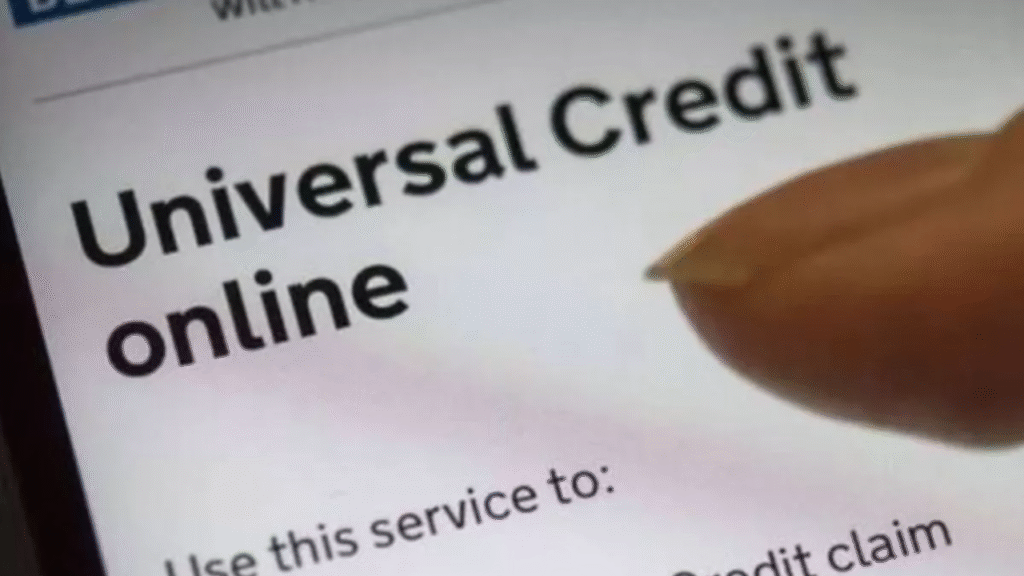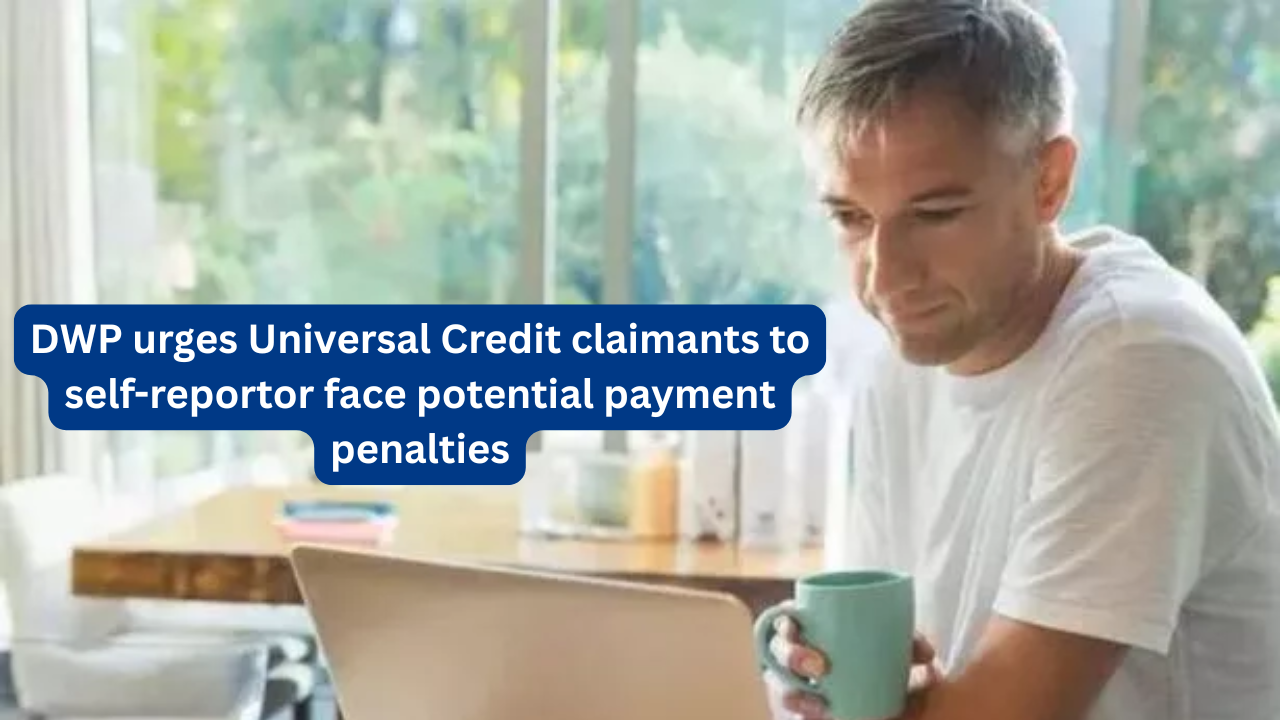The Department for Work and Pensions (DWP) has recently issued a warning to Universal Credit claimants, urging them to take immediate responsibility for reporting any changes to their circumstances or risk facing penalties. The call for self-reporting is part of a broader effort by the government to tackle fraud and error in the welfare system, and those who fail to comply may face severe financial consequences.
The New Requirements for Claimants
Universal Credit, a means-tested benefit in the UK, supports individuals and families who are on low incomes or out of work. It replaces several previous benefits, including Jobseeker’s Allowance, Housing Benefit, and Child Tax Credit. With more than 6 million people currently receiving Universal Credit, any misreporting or failure to update personal details can have significant implications.
Claimants are being told to report any changes in their personal circumstances, including but not limited to changes in:
- Employment status
- Income
- Household composition (a new partner or child)
- Savings or assets
This requirement is not new, but the DWP is now emphasizing the importance of timely and accurate updates to avoid penalties. Claimants must notify the DWP of such changes through their Universal Credit online account, making the process more accessible but also placing greater responsibility on individuals.
According to the DWP, failing to report changes can lead to overpayments, which must be repaid. In addition, individuals may face fines up to £5,000 or even court action in extreme cases of non-compliance. These penalties are intended to ensure that the system remains fair and that taxpayers’ money is used appropriately.
The Risk of Overpayments and Penalties
Overpayments occur when claimants continue to receive payments after their circumstances change. For example, if someone gets a job or their income increases but they do not report this change, they could end up being paid more than they are entitled to. Once the overpayment is discovered, the DWP can take action to reclaim the funds.
If the claimant fails to report a change, they may be subject to further penalties. The DWP has made it clear that these penalties are not limited to simply repaying the overpayment. Those who fail to report changes may face:
- A fine of up to £5,000
- Repayment demands for the amount of overpaid benefits
- Legal action, including possible court hearings
Increased Awareness and DWP’s Warning Letters
The DWP has been sending out reminder letters to Universal Credit claimants, warning them about the importance of reporting changes promptly. These letters serve as a reminder that failing to report changes could result in penalties, and claimants are encouraged to stay proactive in managing their claims.
The letters have stirred concerns among claimants, with some expressing confusion about the rules and the risks involved. However, the DWP maintains that these steps are necessary to ensure that only those who meet the eligibility criteria continue to receive benefits. The warning letters are part of a broader government initiative to reduce the risk of fraud and error in the benefit system.

The Government’s Push Against Fraud and Error
The recent focus on self-reporting comes as part of the government’s wider crackdown on fraud and error in the welfare system. According to official reports, there has been a significant rise in fraud and errors related to Universal Credit. This increase has been driven in part by the economic disruptions caused by the COVID-19 pandemic, which led to more people claiming benefits for the first time.
To address this, the government is planning to introduce new legislation that will strengthen verification processes and make it more difficult for fraudulent claims to be processed. While the intention is to protect taxpayers’ money and ensure that benefits are distributed fairly, critics argue that these measures could unfairly penalize those who are already struggling.
What Should Claimants Do?
Universal Credit claimants are strongly advised to ensure their information is up to date. To avoid potential penalties, claimants should:
- Regularly Check for Changes: If there are any significant changes in your circumstances, such as a change in employment or household composition, it’s important to report them as soon as possible.
- Use the Online Portal: Claimants can log into their Universal Credit online account to update their information. This system is designed to make the process more efficient and reduce errors.
- Seek Help if Needed: If you are unsure whether a change needs to be reported, claimants are encouraged to seek advice from Citizens Advice or another relevant body.
By taking responsibility and staying informed, claimants can ensure they remain in compliance with the system and avoid the risk of penalties.
The Importance of Accurate Information
The UK government has repeatedly emphasized the importance of accurate and honest reporting for all benefits claimants. While the process of reporting changes can feel burdensome, it is essential for maintaining fairness in the benefits system. Universal Credit is designed to be responsive to people’s circumstances, but it relies on claimants to provide up-to-date information.
Furthermore, the government has introduced measures to make the process easier. The online portal allows individuals to update their claims quickly and easily, reducing the likelihood of errors. However, claimants must take responsibility for ensuring their information is accurate and timely.
FINAL THOUGHT
As the government continues to review and tighten the rules surrounding Universal Credit, claimants can expect further developments. The ongoing push for more stringent reporting rules is likely to continue, especially as the government looks for ways to reduce fraud and error in the system.
Claimants should remain vigilant and proactive in updating their information. By doing so, they can avoid penalties and ensure they are receiving the correct amount of support.

